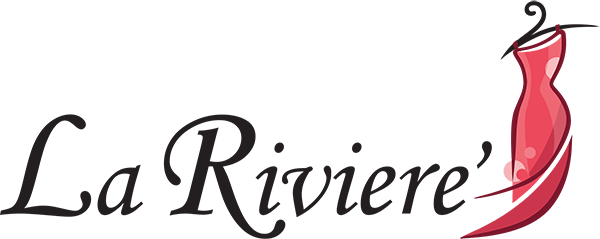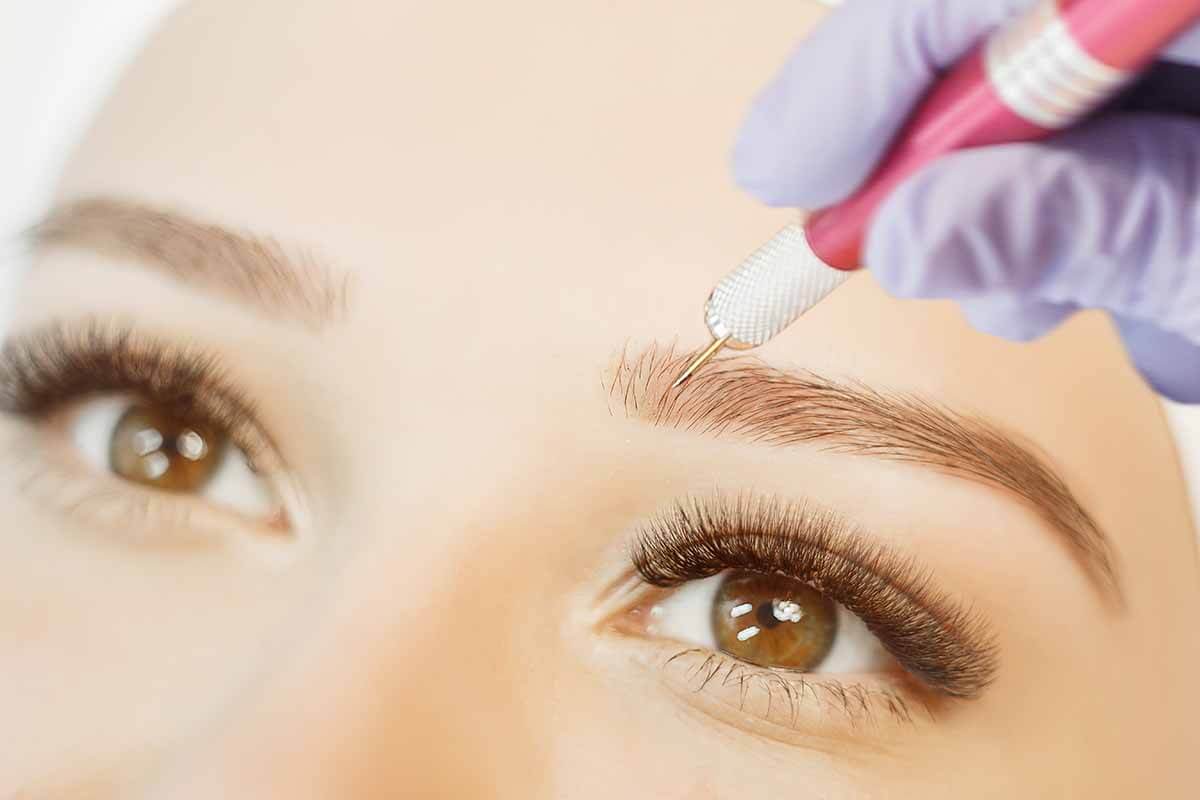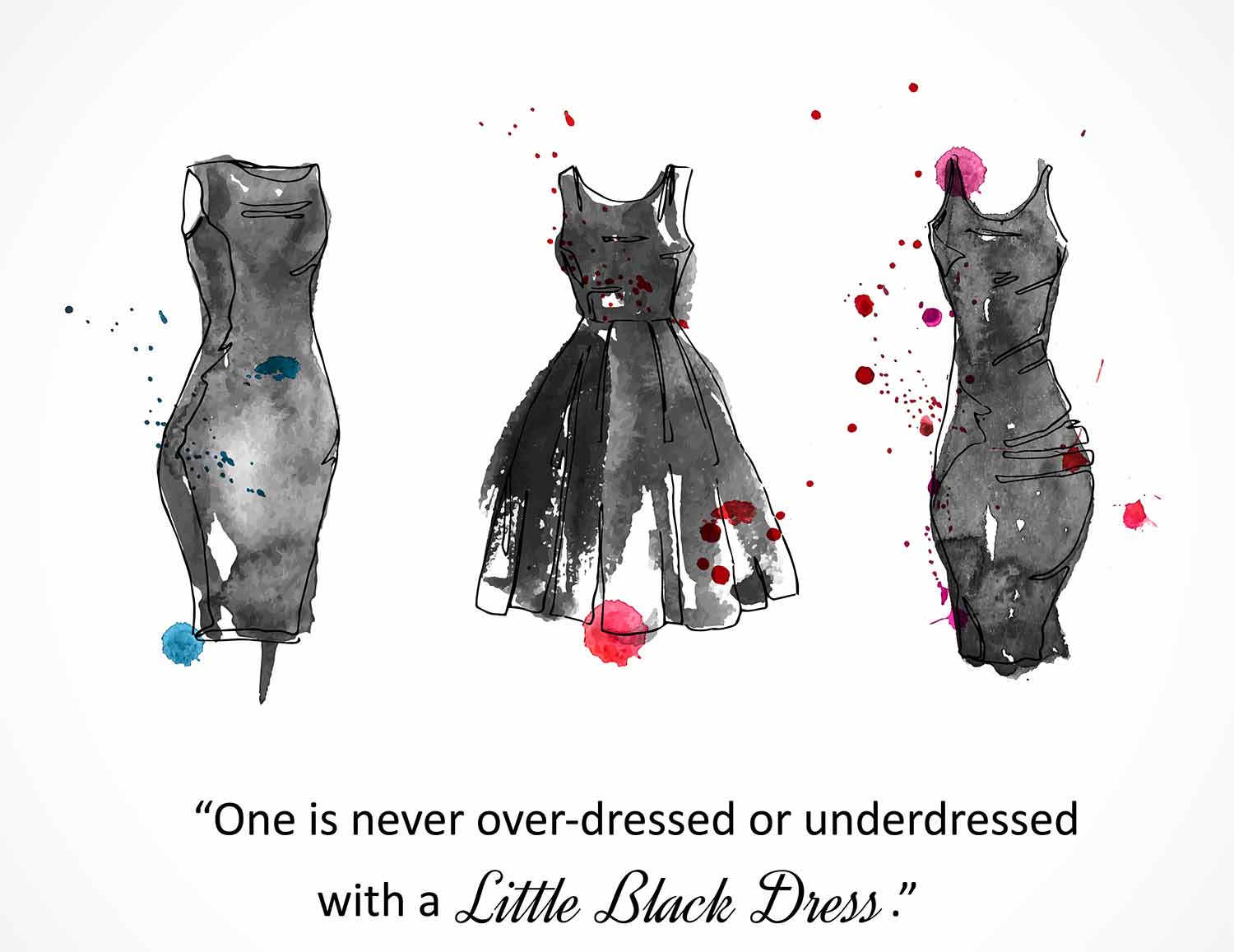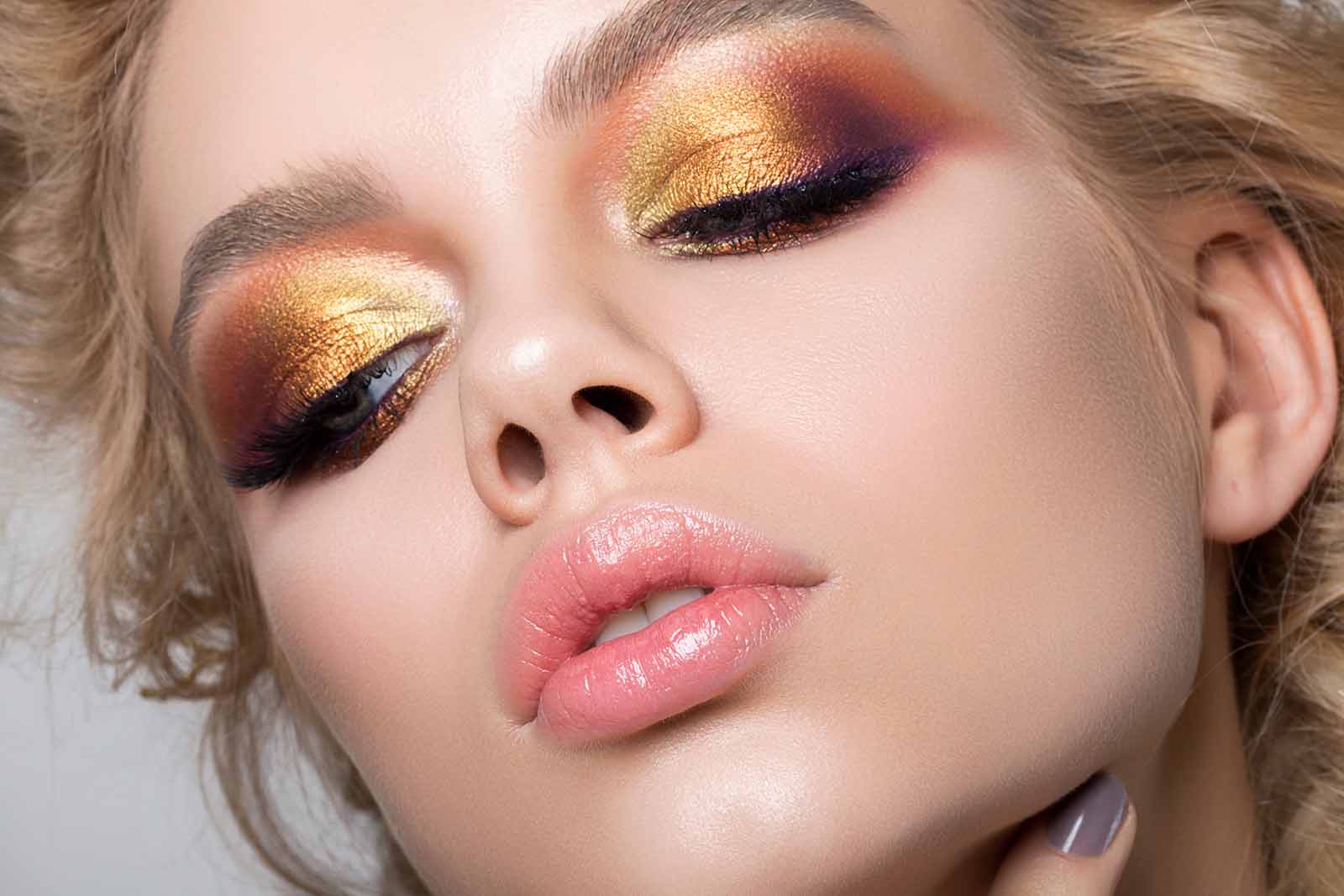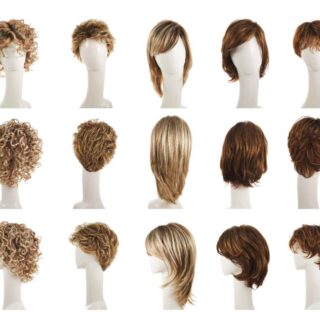Esthetician 101: Meaning and What They Can Do
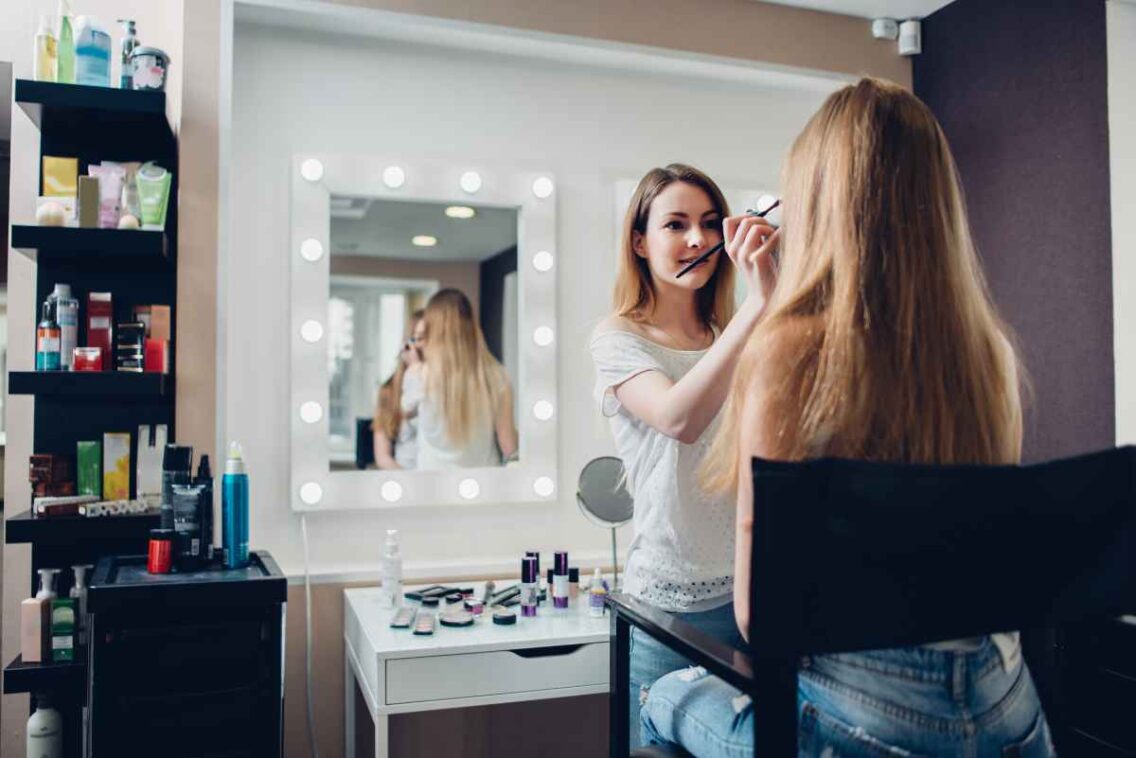
Estheticians are some of the most misunderstood professionals in the beauty and skincare industries. Most people have no idea what they do, what their credentials are, or what their goals are every day. Whether you’re thinking about seeing an esthetician as part of your beauty regimen or are thinking of becoming an esthetician yourself, you need reliable information you can trust. So, what are estheticians all about?
An esthetician is a licensed skincare specialist that focuses exclusively on the appearance of the skin. Duties include evaluating their clients’ skin condition and providing treatments like facials and chemical peels to beautify the skin or treat cosmetic skin ailments.
As you may have gathered by this point, esthetician duties are similar to those of dermatologists and aestheticians. Keep reading to find out more about what an esthetician is and what differentiates them from other professionals in the skincare industry.
What's the Meaning of an Esthetician?
Let’s begin by diving deeply into what it means to be an esthetician. By the end of this section, you’ll have an in-depth understanding of just that.
Estheticians are trained skin specialists that work in salons or spas. They do cosmetic skin treatments primarily on the face and neck. They may carry any of the following titles:
- Skincare therapist
- Clinical Esthetician
- Spa technician
- Facial specialist
- Medical Spa Manager
- Waxing/Hair Removal Specialist
To gain the title of an esthetician, students must go through targeted training in an esthetician program, where they’ll learn:
- How to analyze the skin and identify issues.
- The connection between diet and skin health.
- Methods proven to improve skin health.
- Skincare ingredient theory.
- How to complete standard skincare procedures.
Though esthetician certification online differ, they often last for up to 6 months. This is the amount of time it takes to fulfill the minimum requirement of 600 classroom hours.
Clearing Up A Couple of Misunderstandings:
Being that there are several types of skin care professionals with overlapping duties, it’s easy to get confused between them. In this section, we will clear up several misunderstandings relating to estheticians, medical aestheticians, and dermatologists.
What's The Difference Between An Esthetician And A Dermatologist?
Dermatologists are medical doctors that focus on the evaluation and treatment of thousands of skin conditions and ailments. They must complete undergraduate education, medical school, an internship, residency, and then obtain a dermatology license before they can call themselves a dermatologist. They go through intense schooling and can treat many more conditions than estheticians.
Estheticians and dermatologists also have different purposes. Estheticians are primarily concerned with the skin’s superficial appearance, whereas dermatologists focus on the skin’s overall health and any existing pathologies.
Estheticians also have limitations that dermatologists do not. Dermatologists can diagnose skin issues and prescribe medication and treatments for both cosmetic and non-cosmetic conditions. Estheticians cannot – they can only provide treatments for cosmetic issues.
What Is The Difference Between An Aesthetician And An Esthetician?
The terms esthetician and aesthetician are often used interchangeably, but they are different. While estheticians typically work at salons or spas, you’ll find aestheticians at medical facilities. Aestheticians (also called medical aestheticians) go through slightly different training than estheticians do; it’s a bit more targeted toward clinical skincare.
What Is Everything An Esthetician Can Do?
Now that you know what esthetician means, let’s get into some of the functions that these professionals typically perform.
Estheticians perform the following skin treatments on a regular basis:
- Facials
- Superficial Chemical Peels
- Waxing and Hair Removal
- Makeup
- Body treatments
- Exfoliation
Though estheticians are trained to do all of these things, your local esthetician may only provide some of these services.
We’ll dive into each of these treatments in the below section to enhance your understanding of what an esthetician does for their clients.
Facials
Facials are a very common service that estheticians provide. It’s an all-in-one treatment that can transform the skin in a matter of minutes. It usually involves a combination of the following:
- A deep skin cleanse to remove impurities.
- An exfoliation treatment to clear clogged pores.
- A steam treatment for lasting skin hydration.
- A facial mask to infuse the skin with nutrients.
- A moisturizer to protect against dryness and outside influences.
Superficial Chemical Peels
Chemical peels are treatments that slough off the most superficial layer of the skin to reveal softer, younger-looking skin. Note that estheticians are not permitted to do more aggressive peels. Those are left to dermatologists.
Waxing and Hair Removal Services
Through waxing, threading, tweezing, and other hair removal techniques, estheticians help their clients bid their unwanted hair goodbye. Some of the most common waxing and hair removal services include:
- Bikini waxes and Brazilian waxes
- Leg hair removal
- Facial hair removal
- Sideburn removal
- Chest hair removal
Makeup Application or Education
Estheticians are fully qualified to do makeup, whether it be for an everyday errand or a special occasion. They are also qualified to teach others how to do makeup safely and effectively, using clean tools and professional techniques.
Exfoliation Treatments
Estheticians use exfoliation treatments, like microdermabrasion, to help clients with issues ranging from enlarged pores to an uneven skin tone. This treatment type aims to get rid of dead skin cells and accelerate skin cell turnover for better-looking skin over time.
Body treatments
Though many estheticians do their work on the face and neck, estheticians are also trained and capable of doing body treatments, including:
- Spray tans
- Body wraps
- Back facials
Extractions
Acne breakouts and blackheads can leave behind scars and even act as a conduit for bacterial spread. Thankfully, for clients with acne, estheticians can do extractions. They remove blackheads and drain congested pores with the help of a pore extractor or their gloved hands. Professional extractions carry the benefits of minimal scarring, bacterial spread, and pore damage.
There you have it – everything you need to know about estheticians. We hope you find the information contained in this article helpful, whether you have skin concerns or are considering a career in esthetics.
